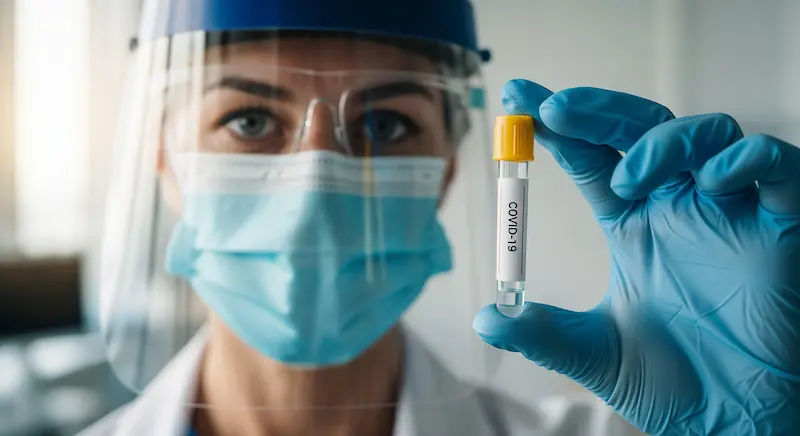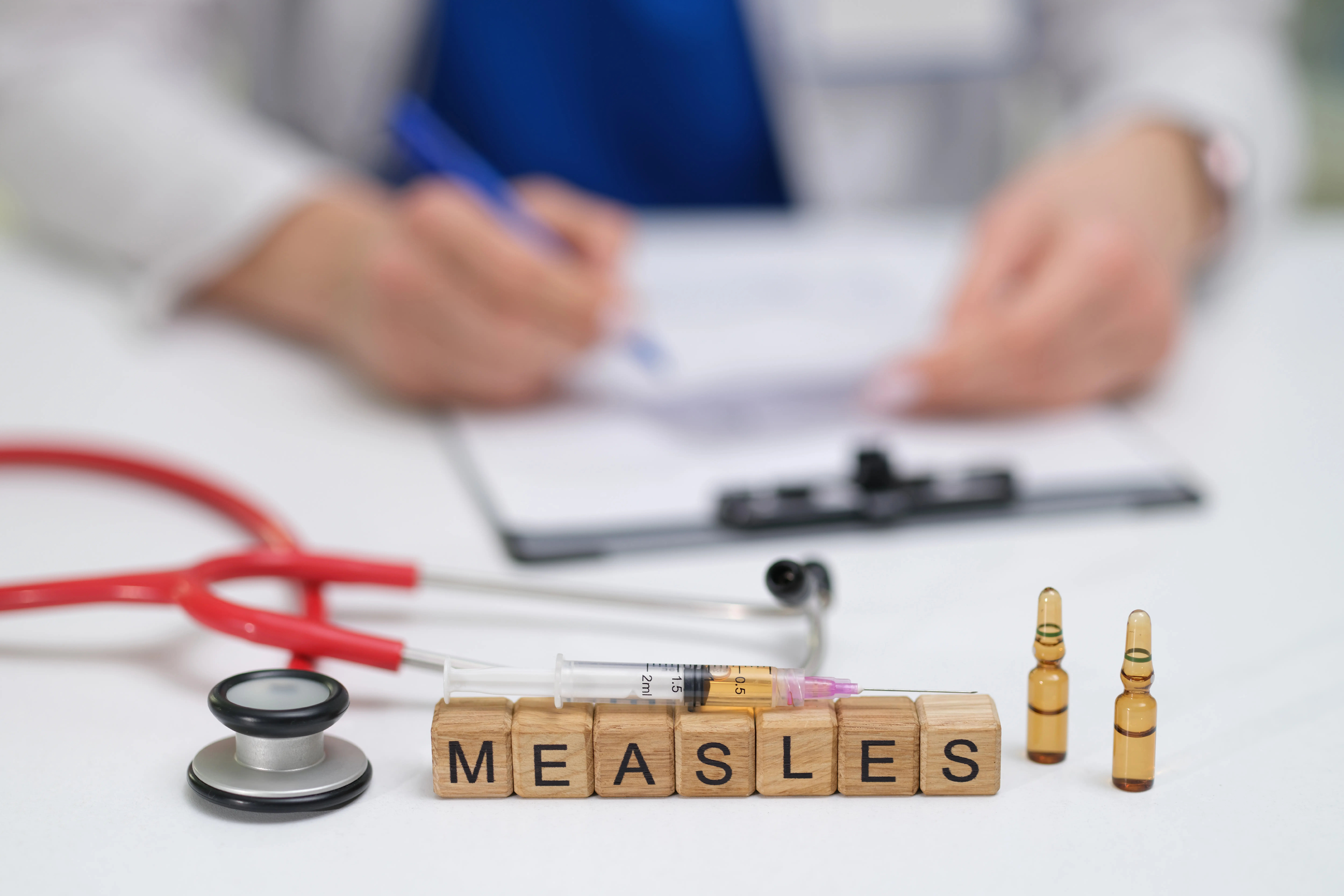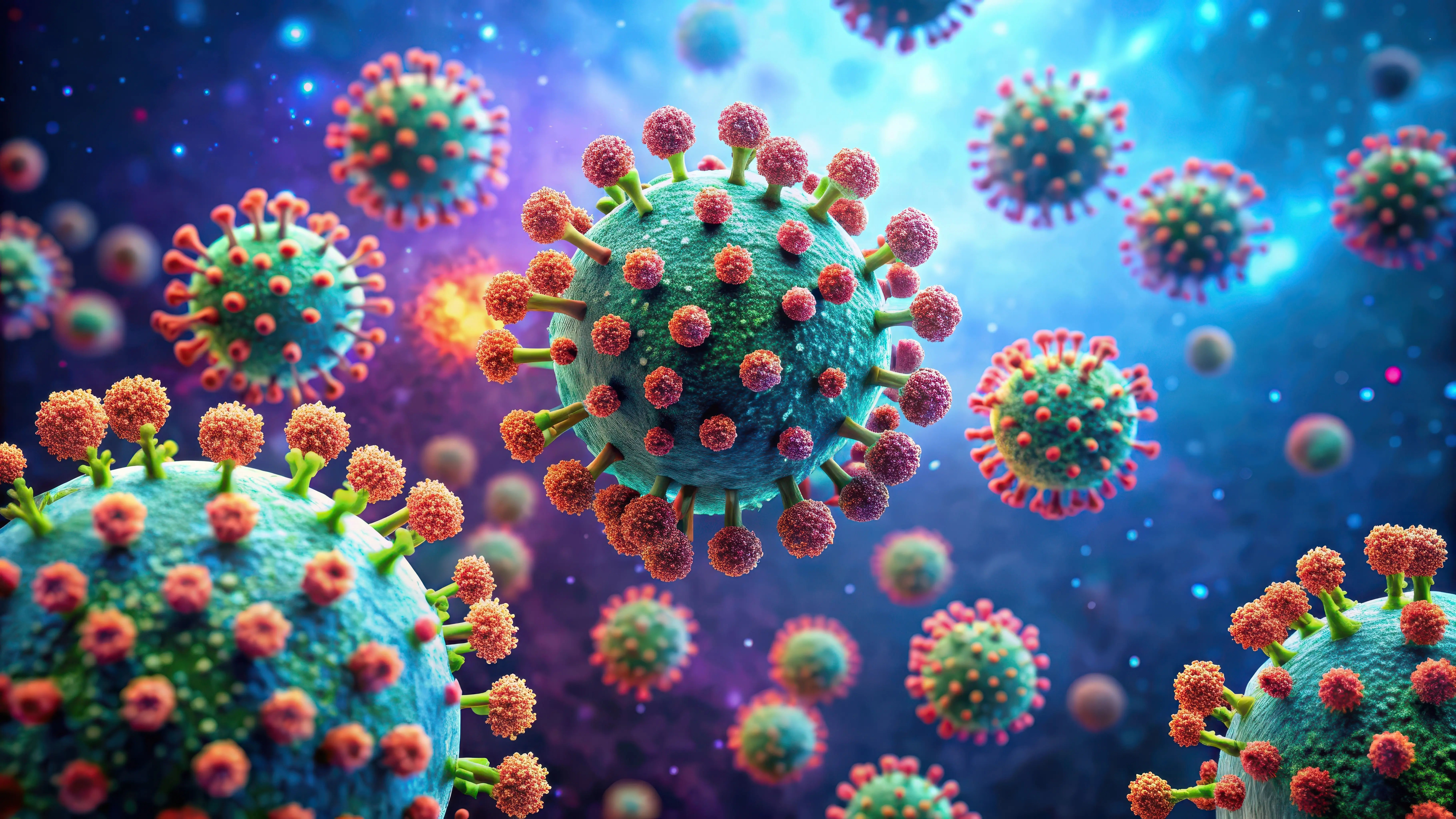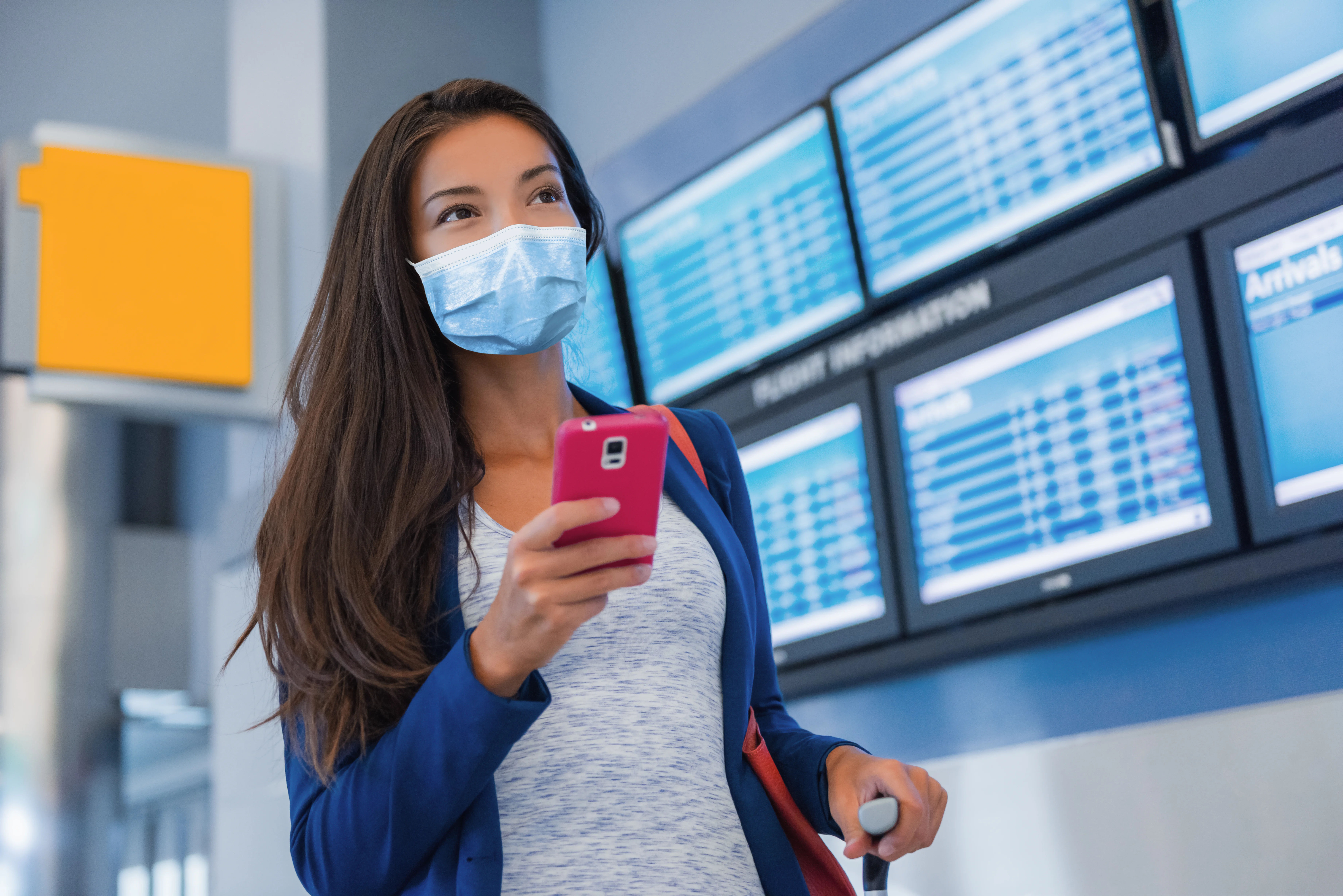- male
- 25 Years
- 29/01/2025
I recently got bitten by a street dog, which left a scratch without any bleeding. I quickly rinsed it with tap water for about 10 or 30 seconds and then got the intradermal antirabies vaccine around 45 minutes later. I'm a bit concerned about a few things. Could I still be at risk for rabies since I didn't wash the bite with soap for a full 15 minutes? Also, is there a chance my family could catch rabies just from washing dishes in the same spot where I cleaned my leg? I'm worried because I noticed the hospital might not have kept the vaccine cold the entire time I mean, they took it out in the morning and used it throughout the day, and I got my first dose around 4:30. For the second dose, they did get it right from storage, but the cool box was always open. Is there a possibility that this could affect how well the vaccine works and my chances of getting rabies?
Answered by 1 Apollo Doctors
For a scratch without bleeding from a street dog bite, washing the site with running tap water for 10-30 seconds is a good first aid measure. The risk of rabies transmission through such a scratch is very low. However, to be safe, you received the intradermal antirabies vaccine, which is the appropriate course of action to prevent rabies infection. Rabies is not transmitted through objects like utensils. The virus is primarily transmitted through the saliva of an infected animal, usually through a bite. Washing utensils where you washed the bitten site does not pose a risk of rabies transmission to your family members. The rabies vaccine is sensitive to temperature and must be stored properly to maintain its effectiveness. If the vaccine was not stored correctly, there is a risk that its potency may have been compromised. However, receiving the vaccine doses as you described (45 minutes after the bite and on the fourth day) is still beneficial in preventing rabies infection. It is important to complete the full course of the vaccine as prescribed by your healthcare provider to ensure protection against rabies.
Dr. Chandra Suggests...
Consult a Infectious Disease specialist
Answered 04/07/2025
0
0

More Infectious Disease Health Queries
View allI'm really worried about continuing breastfeeding after being diagnosed with TB in my lymph node biopsy. I'm currently taking Aukrit 4. Is it safe for me to keep breastfeeding, or should I consider stopping for my baby's safety? Would love to hear your thoughts on this.
yes you can breastfeed your child
Answered by 1 Apollo Doctors
I'm curious and a bit worried about something. If a woman who is HIV positive gives me oral, could I get HIV from that? Also, what are some other ways STDs can spread?
Yes, HIV transmission is possible through oral sex, although the risk is considered lower compared to vaginal or anal sex; according to the CDC, the risk of HIV transmission through oral sex is estimated to be between 0-3% per act, with receptive oral sex (performing oral sex) posing a higher risk than insertive oral sex (receiving oral sex); other possible ways of STD transmission include vaginalanal sex, sharing needles, blood transfusions, and mother-to-child transmission during pregnancybirth.
Answered by 1 Apollo Doctors
I'm a bit worried about my health. My Widal test results show a TO of 130 dilution and TH, AH, and BH are all negative. My fever hits around 99F twice a day. Do you think I might have typhoid, or could it be something else? What should I do next?
Masturbation, Pornography, and Acne: Separating Fact from Myth_ There is ongoing debate about the relationship between masturbation, pornography, and acne. Here's a summary of the available information: _Hormonal Changes_ 1. _Androgen levels_: Masturbation can lead to a temporary increase in androgen hormones, such as testosterone. 2. _Acne link_: Elevated androgen levels can contribute to acne development, as these hormones stimulate oil production in the skin. _Current Research and Expert Opinions_ 1. _Limited scientific evidence_: There is limited scientific research specifically investigating the relationship between masturbation, pornography, and acne. 2. _American Academy of Dermatology (AAD) stance_: The AAD does not list masturbation or pornography as causes of acne. 3. _Other factors contribute to acne_: Acne is a complex condition influenced by multiple factors, including genetics, hormonal fluctuations, stress, and skincare habits. _Conclusion_ While there is some theoretical basis for the idea that masturbation and pornography might contribute to acne due to hormonal changes, the current scientific evidence is limited and inconclusive. _Practical Advice_ 1. _Maintain good skincare habits_: Focus on established acne prevention and treatment strategies, such as using non-comedogenic products, avoiding picking or popping pimples, and staying hydrated. 2. _Consult a dermatologist_: If you're concerned about acne, consult a dermatologist for personalized guidance and treatment.
Answered by 1 Apollo Doctors
Disclaimer: Answers on Apollo 247 are not intended to replace your doctor advice. Always seek help of a professional doctor in case of an medical emergency or ailment.





